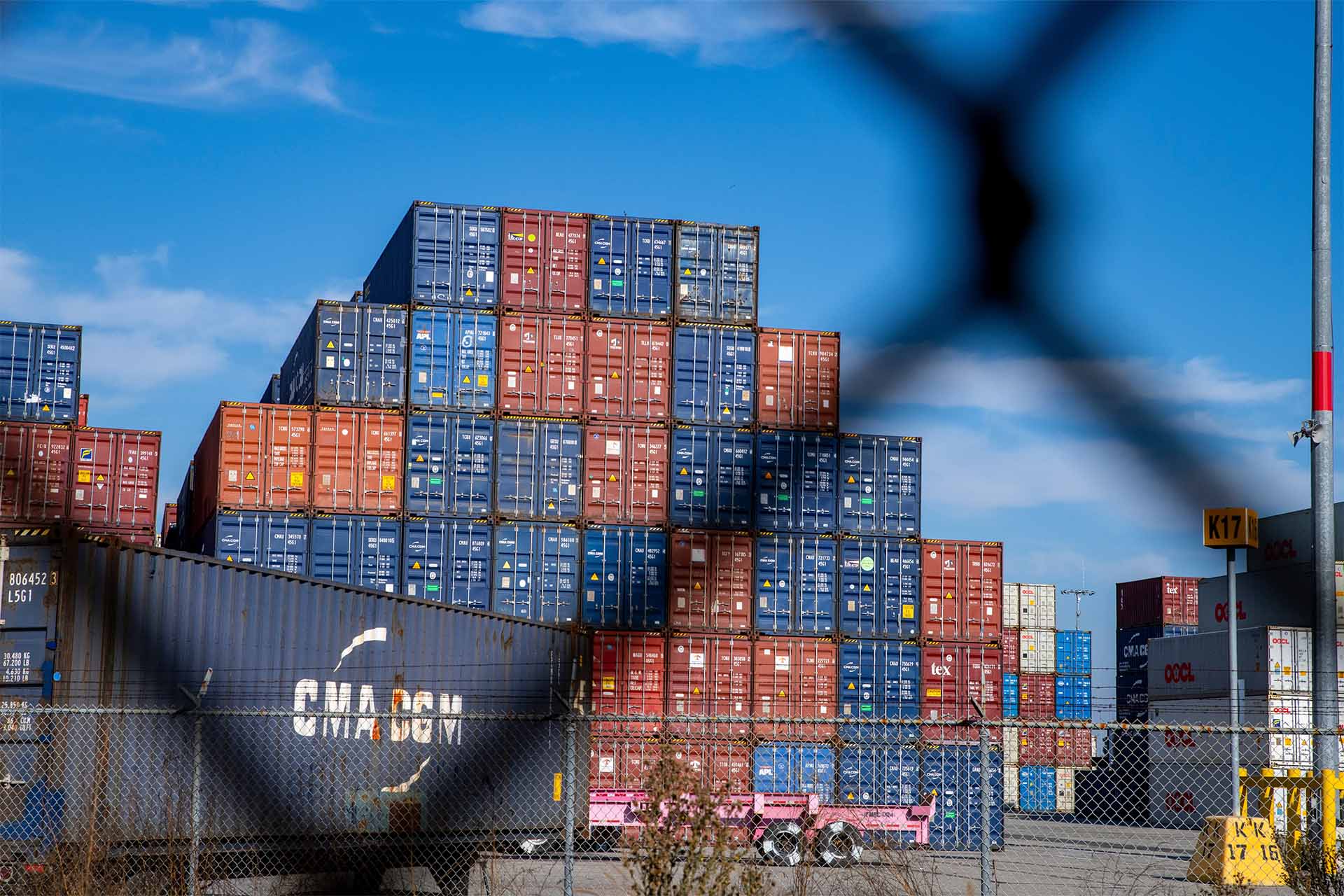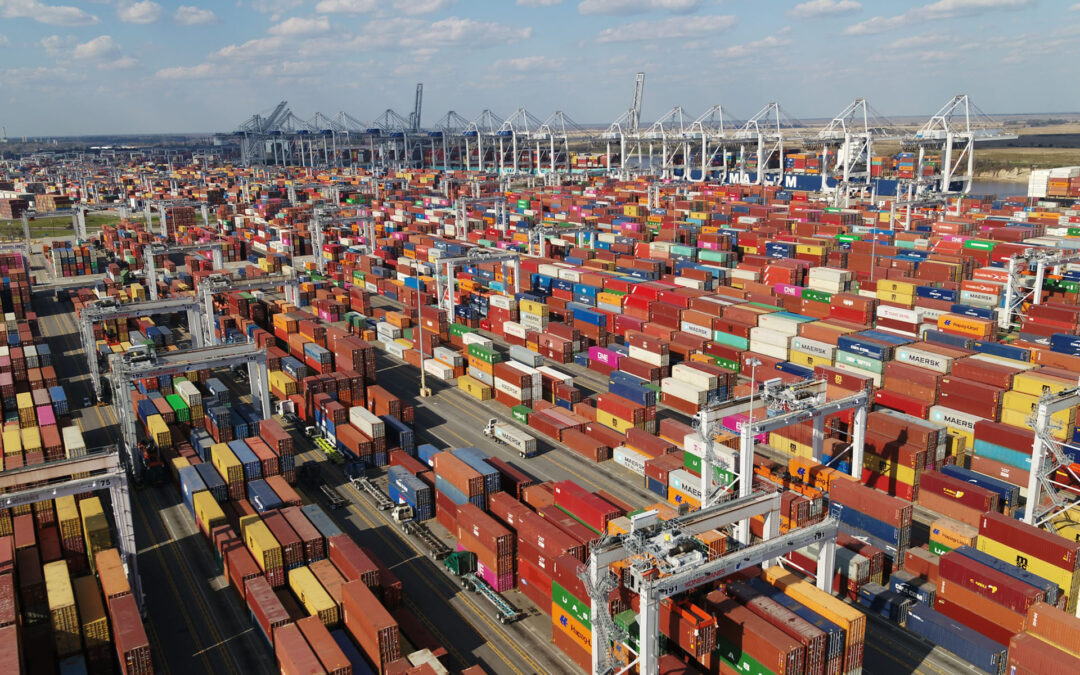Nearly all respondents to a recent member survey by The International Housewares Association (IHA) indicated tariffs are impacting their businesses, with canceled shipments, prices increases, workforce reductions and alternative sourcing among the cited supplier responses to escalating duties.
The survey shows 87% of respondents have been impacted significantly by tariffs (97% have been impacted significantly or somewhat), according to IHA.
“While the recent 90-day reduction in the 145% tariffs from China was a welcome development, this survey demonstrates the ongoing, substantial impact of tariffs on home and housewares companies – and ultimately, retailers and consumers,” said Derek Miller, IHA president and CEO. “Our members are telling us the current landscape is extremely challenging and making it very difficult for their businesses to succeed.”
IHA outlined key survey findings on how companies have already responded, including:
- 90% have delayed or canceled product shipments.
- 72% have absorbed cost increases.
- 62% have increased retail prices.
- 27% have reduced their workforce.
- 47% have shifted manufacturing to other foreign countries.
- 8% have shifted manufacturing to the United States.
Key findings on how companies anticipated having to respond, according to IHA, include:
- 74% anticipated delaying or canceling product shipments in the future.
- 54% anticipate absorbing cost increases.
- 41% anticipate having to reduce their workforce.
- 60% anticipated shifting manufacturing to other foreign countries.
- 13% anticipate shifting manufacturing to the United States.
Most home and housewares companies surveyed by IHA currently manufacture their products in China. When asked the identify the top three countries where they produce products, 93% selected China. That was followed by India (24%), Vietnam (20%), Taiwan (8%), the EU and Europe (7%), Thailand (5%) and Mexico (3%).
IHA invited respondents to provide comments about the impact of tariffs on their respective businesses. Among the factors noted by respondents, according to IHA, are the difficulty matching the price and quality of Chinese manufacturing, the uncertainty surrounding the changing tariff levels and the speed at which they were implemented, and the residual economic impact on their employees and service partners.
IHA shared some of the comments from survey respondents:
“Although we launched our business in 2020 with the intention of manufacturing our products in the USA, it became apparent early on that we needed to source where the cost/value/quality far exceeded what we could get in our own country,” said Ann Marie Mendlow, president and co-founder of U.S.-based Werkshoppe. “Extreme tariffs are an unfair and unreasonable burden to place on an entrepreneurial small business. We can neither absorb these cost increases nor pass them on to our retailers and consumers.”
“We are operating in a dense fog until definite trade deals are made – we cannot know what our costs will be,” said David McClees, president of Talus Products.”It takes months to find reliable, quality resources, produce and ship product. Supply chains are long, and we expect stock-outs, higher prices and turmoil ahead.”
“We have been doing business and employing hundreds of Americans for over 40 years,” said Paul Cosaro, CEO of Picnic Time, Inc. “These tariffs may very well force us to reduce headcount, not increase it.”
“Even with the overseas manufacturing, the domestic value of our supply chain is overlooked. For every $100 a customer spends on our products, at least $75 stays in the USA,” said Michael Taylor, founder and CEO of Brod & Taylor. “Attempting to domestically produce all categories of consumer appliances would significantly raise costs, putting basic household products out of reach for many American families.”
IHA reported respondents to its tariff survey represented a sample of IHA member companies, with 11% of respondents having more than 500 employees, 3% having 201-500, 13% having 51-200, 49% having 10-50 and 25% having less than 10. The survey was completed by 123 housewares professionals from May 5-12, 2025, according to IHA.
View an infographic with survey data: https://www.housewares.org/wp-content/uploads/2025/05/IHA-Tariff-Survey-Results-Infographic.pdf





